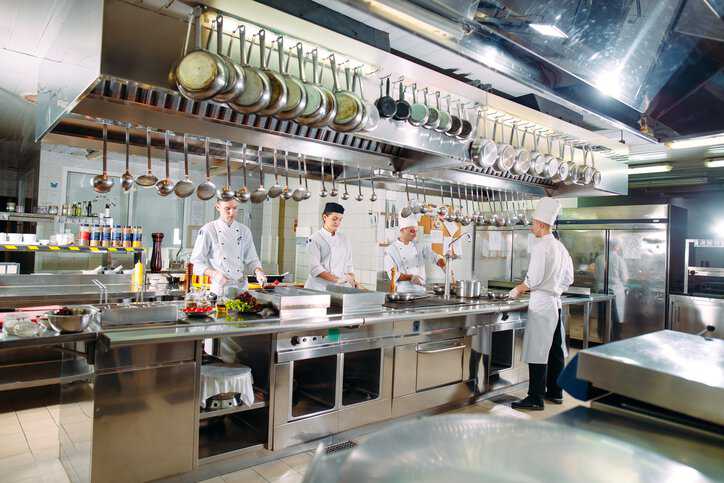Although the U.S. food supply is considered one of the safest in the world, the CDC estimates that 48 million people get sick, 128,000 are hospitalized, and 3,000 die from foodborne diseases each year in the United States. The results of food safety audits are used for making corrective action plans (96.7%), improving the overall food safety system (93.4%), and for root cause analysis (75.4%). These audits are therefore critical in minimizing foodborne disease and protecting public health. ISO 22003-1:2022— Food Safety – Part 1: Requirements For Bodies Providing Audit And Certification Of Food Safety Management Systems establishes requirements for the audit and certification of a food safety management system (FSMS).
Food Safety Audits
A food safety audit is a detailed examination of a restaurant’s food safety procedures and practices. Respected independent, third-party agencies conduct food safety audits to ensure food safety and public health. Food processors can pay third parties to conduct audits of their facilities to gain certain safety and quality certifications. These third-party certifications are frequently a customer requirement.
Food safety audits assure that food businesses comply with relevant regulations and standards set by food safety authorities. They evaluate the effectiveness and implementation of specific food safety programs within an organization; the audits identify any areas of non-compliance and make recommendations for corrective action. Food safety audits also can be used to select suppliers, gain certification or recognition, or to monitor internal conformance with policies and procedures. Compliance with these requirements is not only a legal obligation but also serves to maintain public trust and confidence in the food industry.
What Is ISO 22003-1?
ISO 22003-1:2022 specifies the requirements for the audit and certification of a food safety management system (FSMS) complying with (or other specified FSMS) requirements. This standard can be used as a criteria document for the accreditation or peer assessment of certification bodies that seek to be recognized to certify an ISO 22000 FSMS. It is also intended to be used as a criteria document by regulatory authorities and industry consortia which engage in direct recognition of FSMS certification bodies.
ISO 22003-1:2022 also provides the necessary information and confidence to customers about the way certification of their suppliers has been granted.
Key Aspects of a Food Safety Audit
Here are key areas that all food safety audits typically cover:
- Storage Temperature Control: storing perishable items like meat, dairy, and veggies at the correct temperatures to keep it from going bad.
- Food Storage: keeping food at the right temperature, in a controlled environment, and making sure it is labeled correctly (expiration dates are crucial too).
- Food Preparation in food safety audits: properly segregating raw ingredients while prepping, cooking food to the right internal temperature, and thawing Frozen food correctly. It also encompasses hand hygiene (e.g., using gloves or washing hands during prep).
- Infrastructure: safely storing, handling, and preparing food in the proper amenities (e.g., having clean and well-maintained restrooms, hot running water, and adequate drainage).
- Employee Hygiene: includes everything from employees keeping themselves clean to wearing the appropriate clothing, and following basic hygiene protocol such as hand-washing.
- Cleaning and Sanitation: proper cleaning and sanitation (handwashing stations, sanitary equipment, and availability of hot water for cleansing) are key to preventing foodborne illness. cleansing.
- Documentation: documents such as a restaurant’s written food safety policy, staff training records, any required certification for the staff, and Hazard Analysis and Critical Control Points (HACCP) plans.
ISO 22003-1:2022— Food Safety – Part 1: Requirements For Bodies Providing Audit And Certification Of Food Safety Management Systems is available on the ANSI Webstore and in the Standards Package, ISO 22000 Food Safety Management Systems Package.
